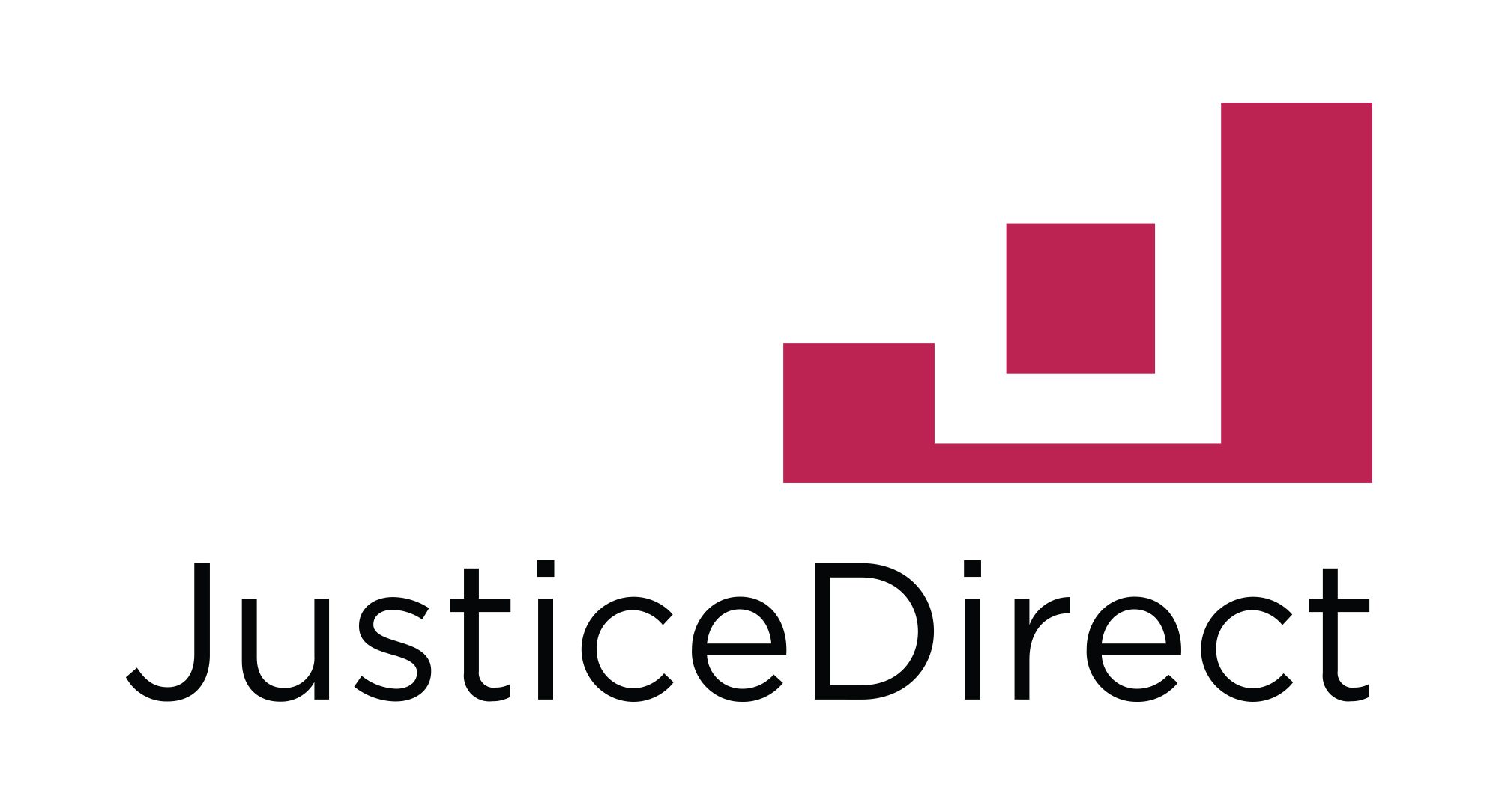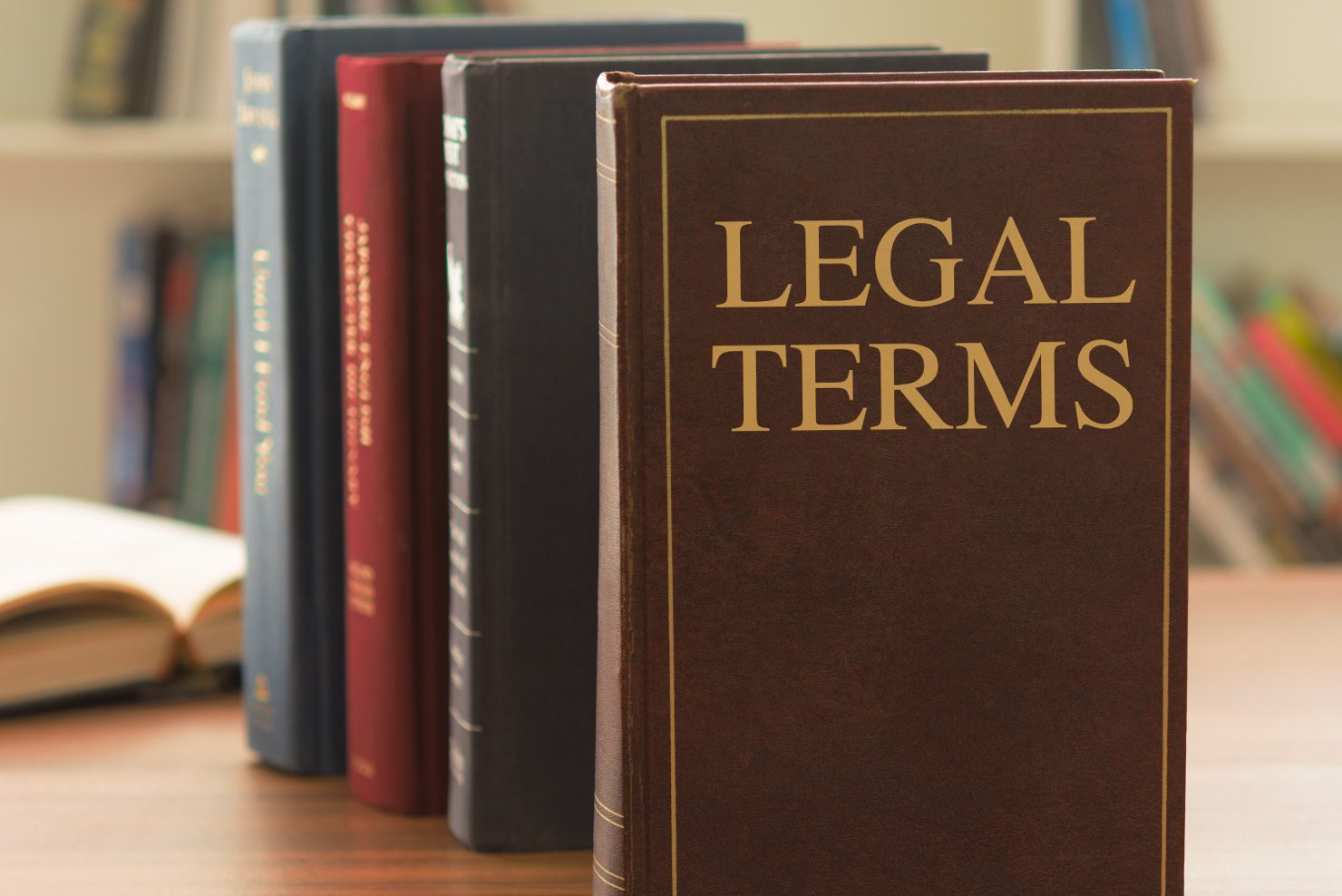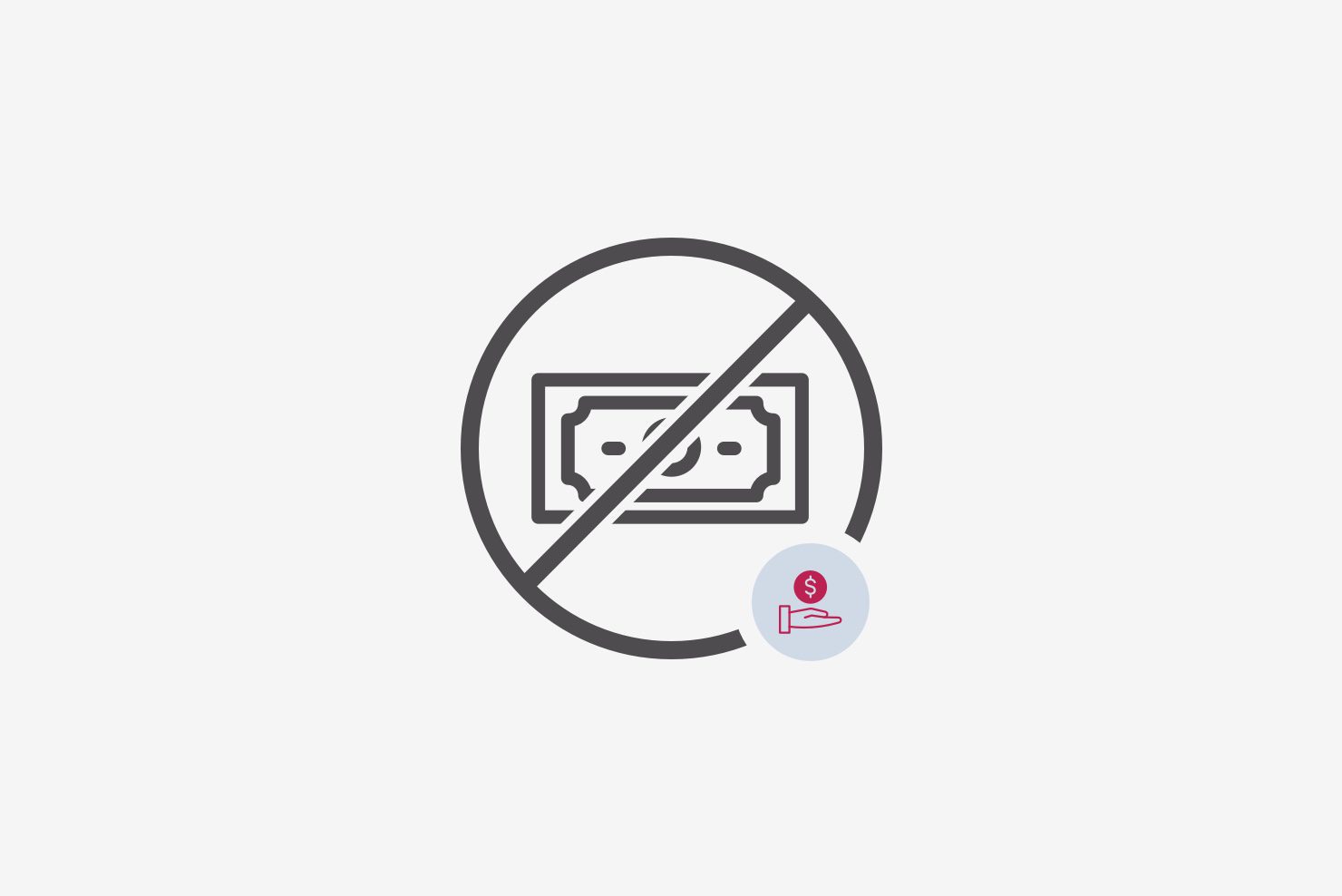A settlement offer is a proposal given by one party to another to resolve a conflict. The conflict may be a legal dispute or financial disagreement. It could be about a court case, money owed, or a deal disagreement. Negotiating may be the best way to resolve this kind of conflict. A settlement offer is usually an important aspect of the negotiation because its goal is to help the parties find common ground. This article will explore the world of settlement offers and how to create a good and reasonable one.
What is a Settlement Offer?
The settlement offer typically explains the terms under which the offering party is willing to settle the matter. Settling provides a significant advantage because the parties can resolve conflicts outside of court. The details of the settlement offer may change depending on the type of conflict. However, a typical settlement offer will include information about how much money will be paid. It will also outline the actions the other party should take and any rules both parties need to follow to finalize the settlement.
Beyond a Mere Offer
After a party decides to make a settlement offer, the next step is to send that offer in the form of a letter. The settlement letter will contain all the details of the ideas behind the offer. This can include money, actions, and rules. In other words, the settlement offer is the content of the idea, and the settlement letter is the documentation of the offer. Writing a settlement letter that documents the settlement offer ensures that both sides know what’s being offered to solve the problem.
Reasonable vs Good
When writing your settlement letter, be sure to consider how likely it is that the other party will accept your offer. Focus on making your offer both reasonable and good–even though these terms are subjective, you can evaluate your offer based on the criteria below:
What Is a Reasonable Settlement Offer?
A reasonable settlement offer should consider the big picture.In other words, the facts that led to the conflict, what might happen if the conflict goes to court, and what proof is available to convince the other party to accept your offer. The offer should ultimately show a willingness to compromise and find a middle ground. It should not just focus on what is best for the party making the offer. A reasonable offer should show a sincere effort to resolve the matter fairly without unrealistic demands or refusals to negotiate.
What Is a Good Settlement Offer?
After ensuring the settlement offer is reasonable, the next important step is ensuring it is good. In other words, the focus should be sending an offer that convinces the other party to accept it. A good offer emphasizes goals that are likely important to both parties. It maintains a relationship, avoids unnecessary time and money in court, and finalizes a fair settlement for both parties.
How to Prepare a Good and Reasonable Settlement Offer
- Acknowledge the Demand Letter: Begin by acknowledging that you received the demand letter. Express appreciation for the communication. Then, state your understanding of the issues presented in the demand letter.
- Highlight Common Ground: Emphasize any points of agreement or common interests you share. This can create a positive foundation for further negotiations.
- State Your Position Clearly: If you disagree with issues presented in the demand letter, clearly and concisely outline your position on why you disagree.
- Present Evidence and Facts: Support your position with relevant evidence, facts, or documentation that justifies your perspective.
- Propose a Solution: Offer a specific settlement proposal that addresses the concerns raised in the demand letter. Make it reasonable and take both parties’ interests into account.
- Explain Your Proposal: Provide a clear explanation of why your proposed settlement is fair and appropriate. Use logical reasoning to support your offer.
- Express Willingness to Negotiate: Clearly state your willingness to negotiate to reach a fair resolution for both parties.
- Set a Deadline: Include a reasonable deadline for the other party to respond to your settlement offer. This encourages timely communication.
- Open Lines of Communication: Provide contact information and encourage the other party to contact you for further discussions or clarifications.
- End Positively: Conclude the letter on a positive note. Express your hope for a mutually beneficial resolution.
Finally, here are a few writing tips to keep in mind when you write the settlement letter:
- Be Concise: Keep your response focused and to the point. Avoid unnecessary details that could dilute your main message.
- Maintain Professional Tone: Keep your tone respectful and professional throughout the letter. Avoid confrontational language.
- Proofread Thoroughly: Before sending, carefully proofread the letter. Eliminate errors and ensure clarity.
- Keep Copies: Retain a copy of the settlement letter response for your records. Include any communication related to the negotiation.
JusticeDirect: Your Tool for Creating Good and Reasonable Settlement Offers
As you learn more, you’ll discover that JusticeDirect is an excellent tool to help you! When you want to make an offer that’s fair and reasonable for everyone, JusticeDirect gives you the direction you need. It’s like having a roadmap for responding to a lawsuit. So, get ready to improve your skills, make the process smoother, and enter discussions confidently with JusticeDirect by your side.
Conclusion
We’ve seen how a settlement offer helps people in disputes. It suggests ways to solve problems and tries to balance the interests of those involved. Reasonable offers make sense based on facts, law, and evidence. Good ones go further, looking at relationships and positive solutions for both sides.
In this journey, we’ve introduced JusticeDirect as a useful tool. It guides you step by step in writing strong settlement offer letters more effectively. You can confidently navigate your financial disputes because you will be empowered to create fair agreements. As you move forward, remember the insights you’ve gained here and the assistance of JusticeDirect as you tackle negotiations with assurance.






